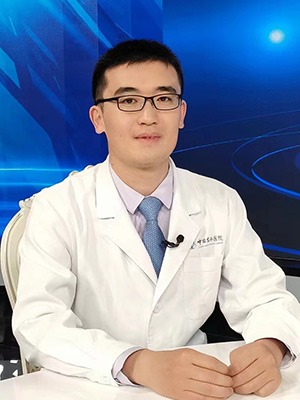Can blocked blood vessels heal themselves?
In general, vascular blockage does not heal on its own. Vascular blockage usually refers to the obstruction of blood vessels in the brain, heart, or lower limb veins, leading to vessel narrowing and slowed blood flow. A detailed analysis is as follows:
Vascular blockage often occurs on the basis of atherosclerosis. When an atherosclerotic plaque ruptures, it can trigger acute thrombus formation at the site, resulting in complete vessel occlusion. In some patients, the blockage is due to arterial embolism, caused by dislodged emboli circulating in the bloodstream. Vascular blockage leads to tissue necrosis and cannot resolve spontaneously; prompt and active treatment is required.
After vascular blockage, patients may follow medical advice to take medications that dilate blood vessels and restore smooth blood flow, such as enteric-coated aspirin, cilostazol tablets, or sarpogrelate hydrochloride tablets. In certain cases, surgical interventions such as bypass surgery may be recommended by a physician.
If a patient experiences any symptoms of discomfort, it is advisable to seek timely medical attention at a hospital to avoid delaying treatment.








